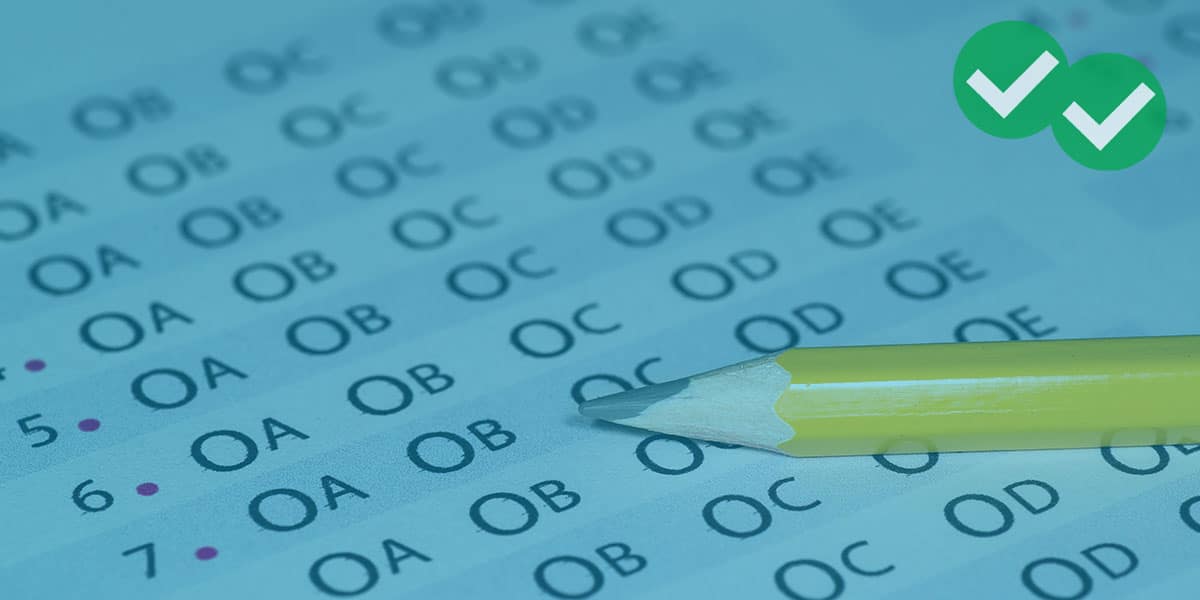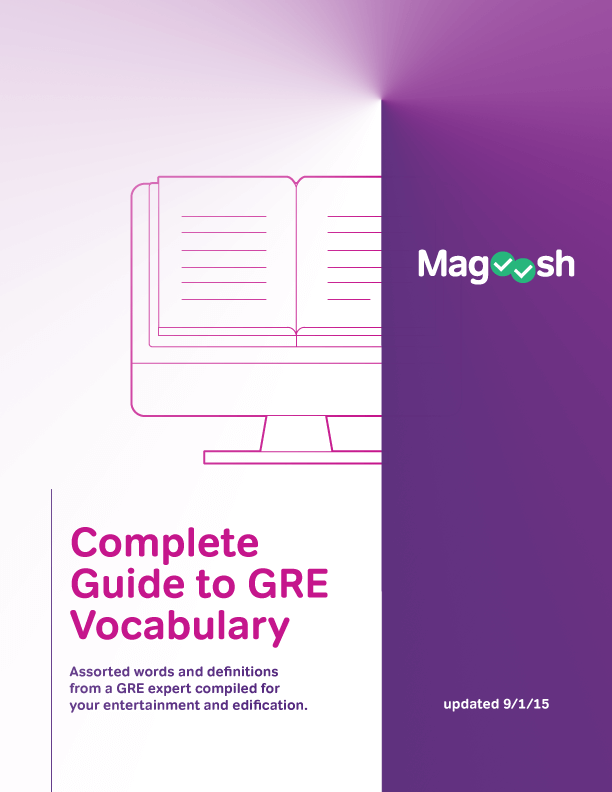
Doing well on the verbal GRE is just as much about knowing vocabulary as it is avoiding traps. In Sentence Equivalence, you must be careful not to choose answer choices that are only vaguely similar, or that could complete the sentence, yet give varying interpretations.
Avoid Traps
To avoid falling for this trap, always make sure to find the clue in the sentence. Then, come up with your own word (or words) that fit in the blank. These words won’t always match the answer choices, but, in coming up with your own word, you force yourself to truly analyze the sentence, instead of plugging in answer choices.
Once you’ve come up with your own word(s), go through the answer choices and eliminate those answers that are clearly different from your own words. If you are not sure of the definition of the word, or the word is somewhat similar to your word, leave it as a possibility.
Then, in the final step, you will want to see which one of the answer choices are the most closely related. Those two words will be your answers. Of course, if you do not know a vocabulary word amongst the remaining choices, do not despair. If none of the other answer choices are similar words, then the word you do not know has to be one of the answers.
Apply the Strategy
1. Teeming with a vast range of biodiversity, rainforests are ______ to ethnobotanists, who rely on the abundance of flora to arrive at cures that may otherwise remain elusive.
(A) extraneous
(B) essential
(C) relevant
(D) peripheral
(E) captivating
(F) indispensable
Explanation:
The clue here is “….rely on abundance…arrive at cures….otherwise remain elusive”.
That the rainforests have a vast range of diversity is also helpful, but, to come up with your own word, the clue above is all you need. So, if scientists rely on the rainforests for cures that they couldn’t find anywhere else, then a word such as important or vital would fit well in the blank.
Now, here is the tricky part. You may think that (B) essential and (C) relevant are the answers. But, let’s look a little more closely. If I tell you that learning GRE vocabulary is relevant, how would that affect your study plans differently than if I were to tell you that learning GRE vocabulary is essential?
Likewise, to say rainforests are essential (or vital) is very different than saying they are relevant. If they are relevant, then they could help to provide a cure. If they are essential, then a cure may “otherwise remain elusive”.
Don’t Forget
Now, the great part of Sentence Equivalence questions is you do not even need to get to this level of analysis. By eliminating all of the answers to see which answers are the last ones standing, so to speak, we arrive at (B), (C), (E) captivating (which is a little bit of a stretch) and (F). Which pair of words are synonyms?
If you were tempted by (B) and (C), mainly because you may have not given the other answer choices sufficient consideration, then you would have overlooked the synonym pair (B) essential and (F) indispensable. Both words basically mean “cannot do without”.
Had you just dove into the answer choices, you may not have seen this. So, again, always make sure to follow the proper strategy.






Leave a Reply